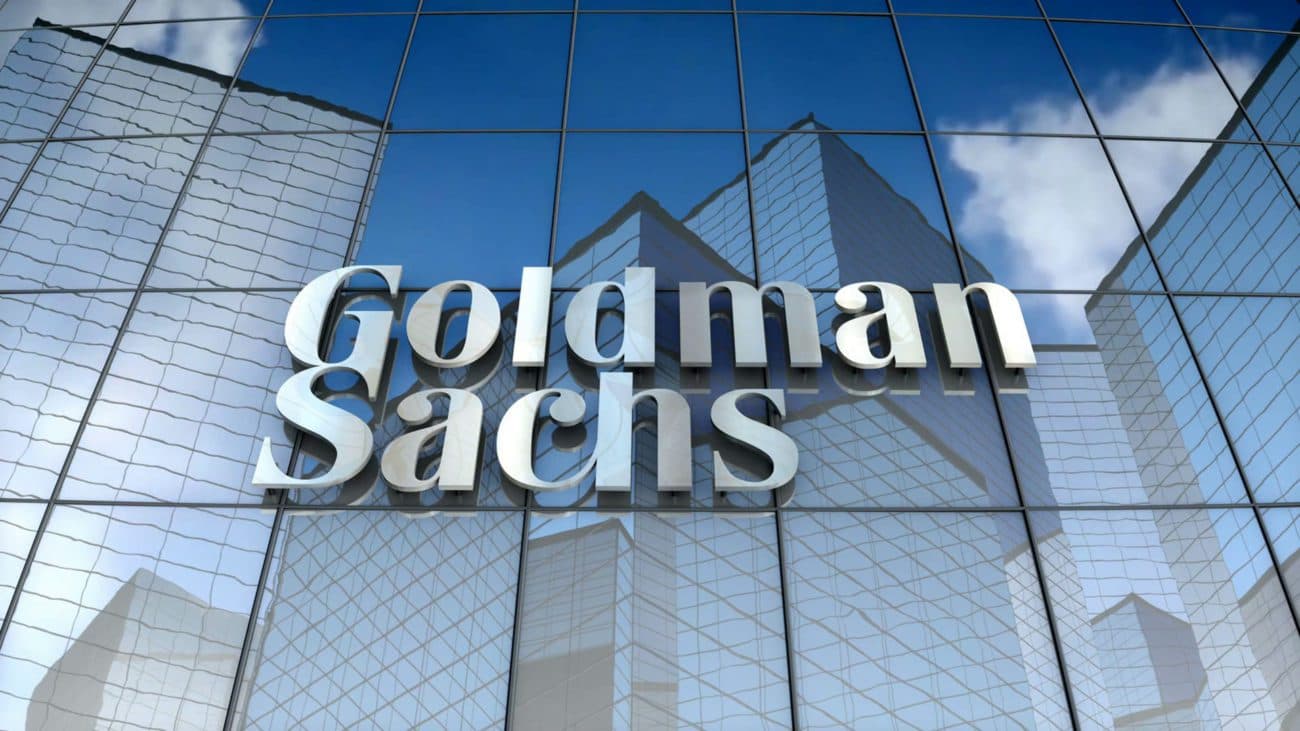Goldman Sachs: DeFi Has Its Advantages Over Traditional Finance
DeFi is easier to access for underbanked populations and provides faster settlements for users, but it’s still a work in progress, the report stated.

- The narrative around DeFi has shifted from whether or not these decentralized products on the blockchain can work to how they can continue to grow in scale, the report’s authors said
- Since the DeFi industry has exploded, the total value locked has increased 900% from under $10 billion during the first half of 2020 to nearly $100 billion today, the report said
Decentralized Finance (DeFi) can offer certain advantages compared to traditional finance, a Goldman Sachs report said on Friday.
DeFi is easier to access for underbanked populations and provides faster settlements for users, but it’s still a work in progress with flaws like hacks, bugs and “outright scams,” the report by Zach Pandl, co-head of foreign exchange strategy for Goldman Sachs Research, and Isabella Rosenberg, a foreign exchange analyst at Goldman Sachs, said.
Additional structural differences and advantages to DeFi include unique products, faster pace of innovation, higher transparency, more efficiency and lower cost cross-border payments, it said. All of these factors will continue to create challenges for the DeFi community as it faces headwinds from policymakers concerned about consumer protection, the report said.
Regardless, the narrative around DeFi has shifted from whether or not these decentralized products can work to how they can continue to grow and scale, they said.
“The DeFi market has expanded dramatically since the middle of 2020 — roughly 10x on the most common summary measure,” according to the report.
Since the DeFi industry has exploded, the total value locked has increased 900% from under $10 billion during the first half of 2020 to nearly $100 billion today, the report said.
The growth likely is a product of yield and speculative activity likely also plays a role, they wrote. “But user adoption may also relate to longer-running trends including digitalization, globalization, and declining trust in centralized institutions,” they said.
While some products are unique to the DeFi ecosystem, there are many overlaps to traditional finance, they wrote. “The main difference is that the marketplace is almost entirely decentralized: there are no banks, brokers, or insurers, only open source software connected to a blockchain,” they added.
Overall, the innovations in DeFi show potential for adoption and disruption in existing financial systems, they said. “They also demonstrate a compelling use case for blockchains and cryptocurrency technology that should help support market valuations for these assets over time,” they added.






